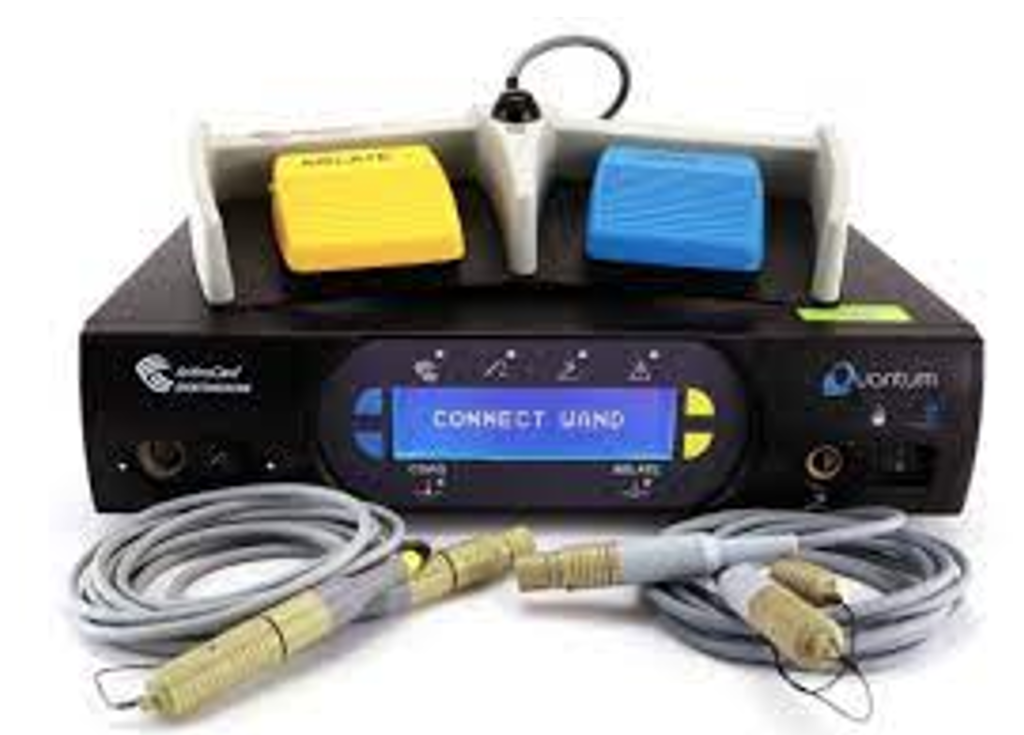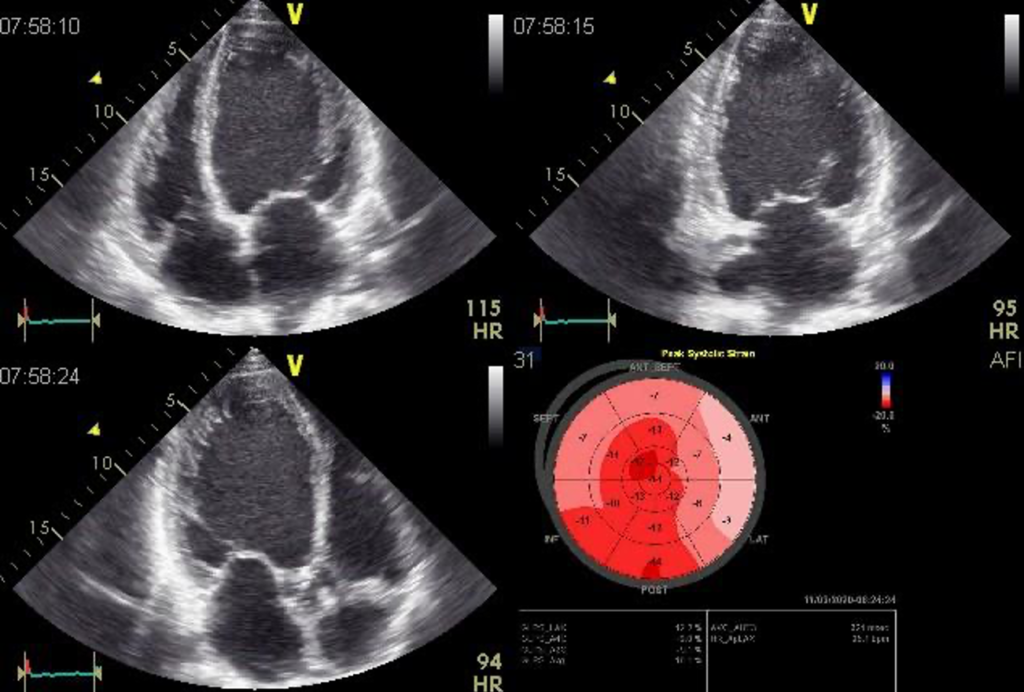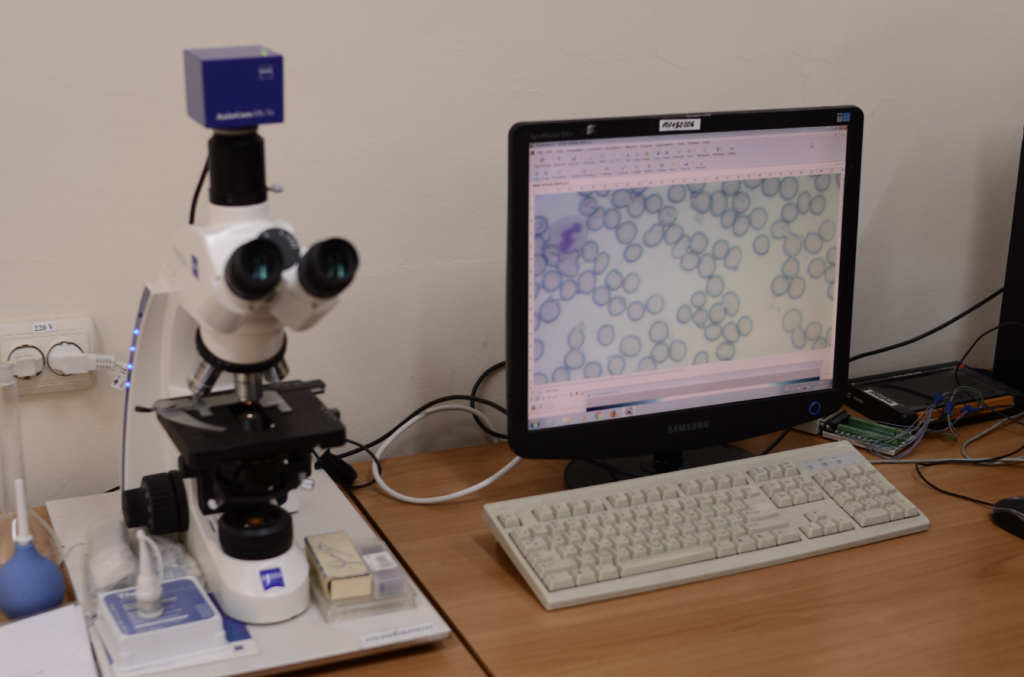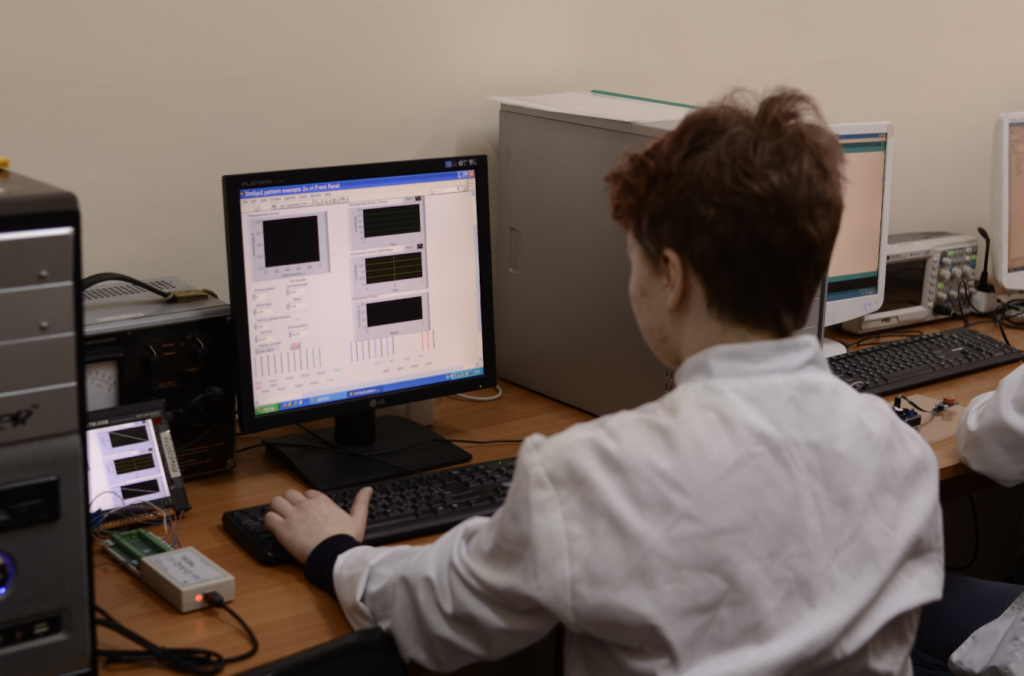Scientific research at the Faculty of Biomedical Engineering covers a wide range of directions, which are aimed at solving current problems in the field of medical technology, biology and engineering in order to improve diagnosis, treatment and general well-being of people. Some of the main areas of scientific research in the faculty include, but are not limited to:

Biomedical devices and technologies: Our research endeavors in this field are dedicated to pioneering novel biomedical devices, cutting-edge medical tools, and advanced technologies. This includes innovations such as medical sensors, state-of-the-art monitoring systems, and sophisticated diagnostic and treatment devices.

Medical imaging and data processing: Our research initiatives in this domain are concentrated on advancing algorithms and methodologies for the precise processing of medical images. Additionally, we are actively engaged in the meticulous analysis of biomedical data, which significantly enhances the accuracy and efficacy of diagnostic procedures.

Biomaterials and rehabilitation: Our exploration of biomaterials and their interactions within the human body is complemented by the development of innovative rehabilitation techniques following injuries and surgeries. Furthermore, we are dedicated to crafting novel biomaterials capable of facilitating the restoration of damaged tissues and organs. These materials are carefully designed to ensure biocompatibility, foster cellular growth, and sustain essential functions.

Biomechanics and modeling: Within this research domain, our focus revolves around the creation of intricate biomechanical models engineered to comprehensively study organ and organ system movements. This facilitates the optimization and refinement of various medical procedures, ultimately enhancing patient outcomes.

Regenerative biomedical engineering: Our exploration within this field delves into groundbreaking technologies for cultivating tissues and organs under controlled conditions. This encompasses techniques such as nurturing cells on specialized substrates, transforming them into tissues with precise structures, and developing biological blueprints for tissues and organs that serve as the foundation for regeneration. Additionally, we employ cutting-edge 3D printing to fabricate intricate structures and organs essential for the regeneration process.

Medical informatics and analytics: Our commitment to this area involves the development of robust information systems tailored for the collection, secure storage, and meticulous analysis of medical data. Furthermore, we harness analytical methodologies to scrutinize the intricate interplay between diseases and risk factors, facilitating deeper insights into healthcare outcomes.
